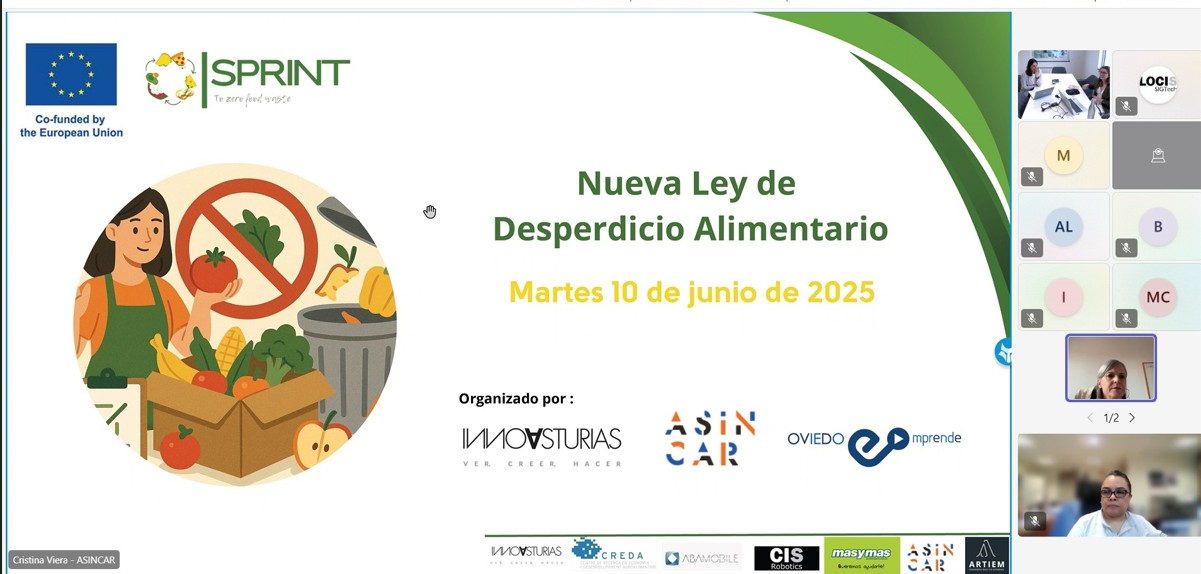
SPRINT held a successful workshop on the new Food Waste Law
On Tuesday 10 June, within the framework of the SPRINT project, an informative workshop on the new Law 1/2025 on the prevention of food losses and food waste was held, a legislation that marks a milestone in the transformation of the food system in Spain.
The event was organised by Innovasturias and ASINCAR, partners of the project consortium, with the valuable collaboration of Oviedo Emprende, and brought together a wide and diverse group of professionals and entities from the food sector: from industries and distributors to representatives of the hotel and catering industry, restaurants and other key organisations that are part of the food chain, who met to learn in depth about the challenges and opportunities posed by this new law.
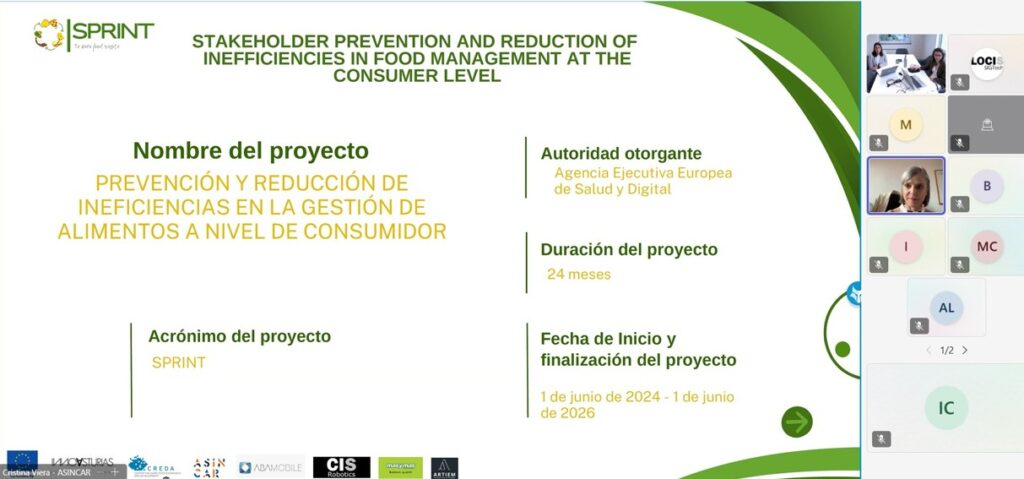
The day began with a brief presentation of the SPRINT- zero food wasteproject by Innovasturias, the project coordinator, in which the focus, objectives and expected impact of the project were explained. The close alignment between SPRINT and the principles of the new law was especially highlighted, underlining the fundamental role that this legislation plays in the transition towards a more efficient, equitable and environmentally friendly food chain.
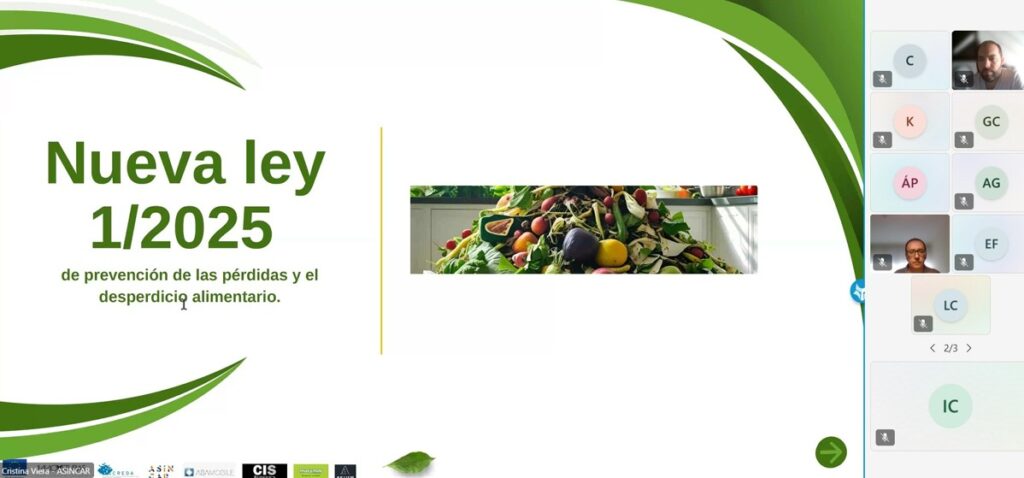
The central part of the workshop was led by ASINCAR, who focused on breaking down the most relevant aspects of Law 1/2025, including:
- The motivations behind the approval of the law, based on the diagnosis of the magnitude of the problem of food waste, its social, economic and environmental consequences.
- The strategic objectives of the regulation, aimed at preventing and significantly reducing losses and waste at all stages of the food chain. The specific measures promoted by the law were also explained, ranging from planning and optimisation of resources to promoting the redistribution of food fit for consumption.
- The new legal obligations that fall on the different agents in the food chain.
- The role of the Ministry of Agriculture, Fisheries and Food (MAPA) and the public administrations in its application.
- Finally, the sanctioning regime was detailed, with emphasis on the consequences that non-compliance with the new obligations could entail. The typologies of infringements, their seriousness and possible penalties were addressed, with the aim of promoting compliance from both a preventive and pedagogical approach.
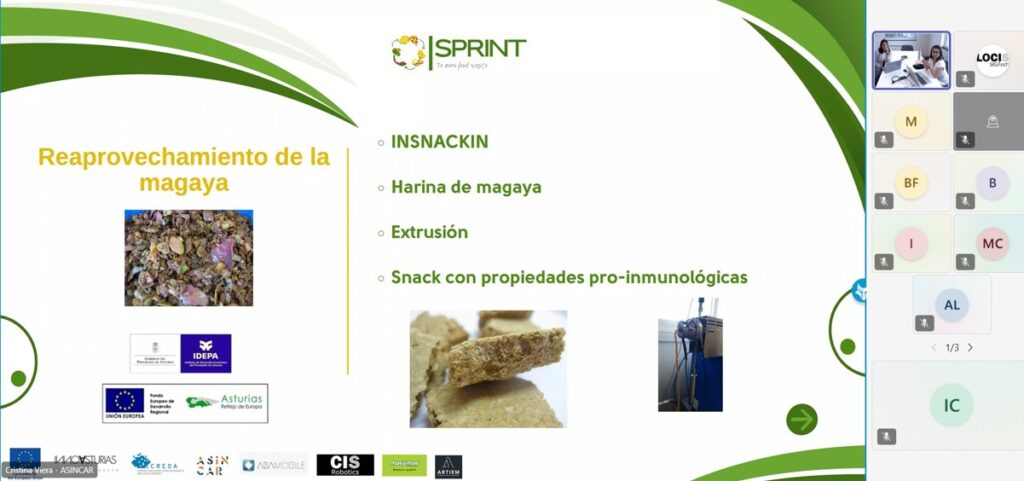
To conclude the session, ASINCAR shared inspiring examples of good practice in food waste prevention, demonstrating that moving towards a more responsible food model is not only necessary, but also possible.
The SPRINT Zero Food Waste- Project would like to thank all the participants for their participation and interest, thus reaffirming our commitment to promote food sustainability.





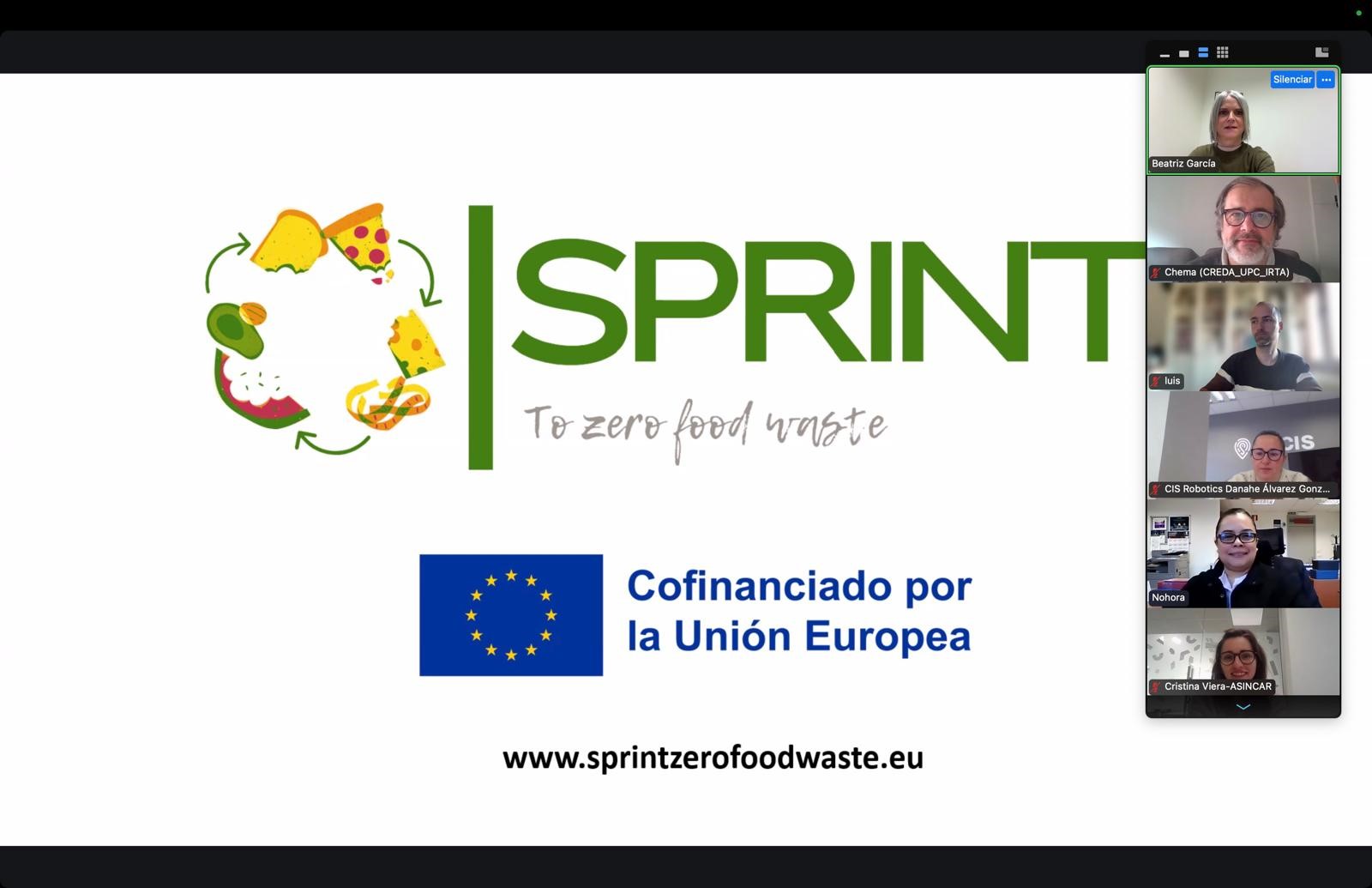
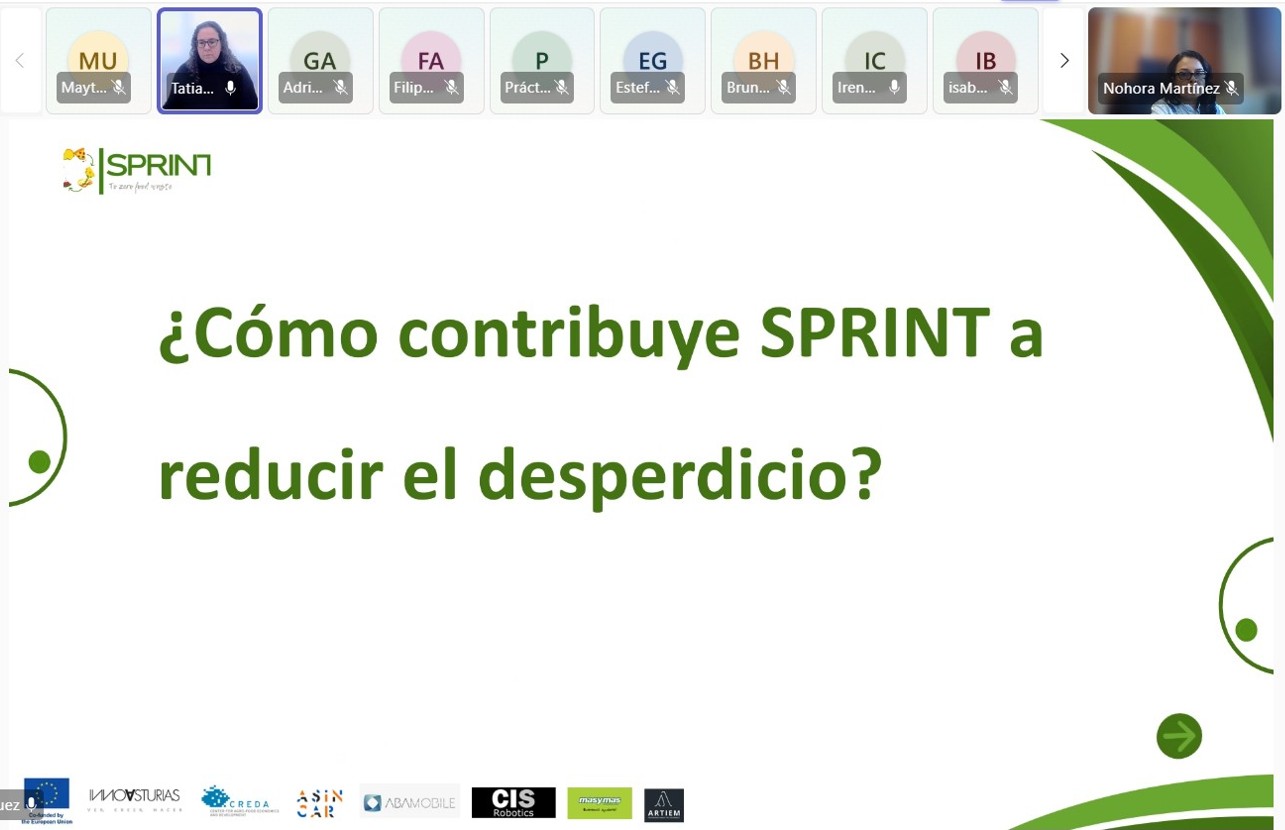
Leave a comment